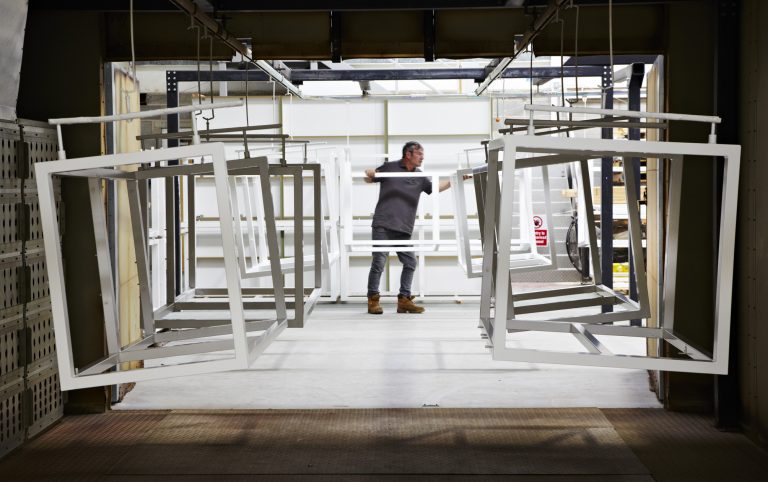Leading independent property advisory firm, Lismore Real Estate Advisors, released its review of the Scottish investment market for the first quarter of 2023, which focuses on the office sector. With prime yields stabilizing, Lismore forecasts growing interest in prime city centre offices, particularly well-let regional offices in cities with limited supply, such as Edinburgh and Bristol. Colin Finlayson, director of Lismore said: “Despite limited supply and challenging conditions for new development, strong demand exists for high-quality office space, which creates opportunities for investors to underwrite rental growth. Yield levels are currently comparable to their long-term averages, making them attractive to long-term investors. Across Scotland, city centre offices show the greatest occupier demand, with potential for refurbishment/repositioning. To stay relevant in the market, retain existing tenants and achieve rental growth, owners of existing assets must invest in improving their ESG credentials and amenities. These improvements are also necessary to maintain liquidity in the investment market.” With an expert view on the market, Andy McKinlay Chair of Ediston Real Estate added: “In the city office markets, supply and demand dynamics are key, in order to achieve investor expectations and development success. The market will become more polarised, leading to a more pronounced pricing differential. “Prime, well-let, new builds with modern occupier-led space and strong sustainability credentials will continue to attract occupiers and trade well. Peripheral buildings can work, but only if repurposed to meet the necessary ESG and wellness credentials, whilst secondary office values need to fall further to reflect post-pandemic demand and capex. Buildings delivered over five years ago are overpriced and lack the necessary ESG credentials.” According to recent research conducted by Lismore, 56% of investors do not anticipate an increase in transaction volumes in the prime office sector during 2023. However, investment managers are more positive, with 56% expecting volumes to increase. However, there are concerns about the quantity and quality of stock being brought to market and the gap between vendor and buyer pricing aspirations. Regarding values, the overwhelming majority of respondents (83%) do not believe that values have fallen sufficiently for added value office space, and they need to see further reductions before revising the sector. An improving debt environment may lead to leveraged investors considering the sector, and those willing to be bold are likely to benefit from discounted deals. The consensus from respondents is that hybrid working is a structural change in working habits, with 56% of respondents expecting it to remain, while 37% expect an increase in the move to work from home, at least for part of the week, over the next year. Businesses are reacting by consolidating their office footprints while providing substantially improved office environments. Looking across Scotland, in office markets in each of the three major Scottish cities is very distinct in terms of occupational demand drivers, and investor sentiment. Edinburgh is benefitting from a broad base of occupier demand, with financial and professional services particularly active currently. This is against a background of low supply, resulting in rental growth. Vacancy rates are low across all grades (particularly in the city centre). This may defer the refurbishment of some buildings which are becoming obsolete, as owners are able to maintain income in a market with low supply. Investor sentiment has settled for prime and investors are actively looking for refurbishment opportunities, though there is a mismatch between sellers and buyers pricing. In the west, Glasgow has traditionally been more reliant on the public sector and corporate occupiers, and both sectors are currently quite inactive on new acquisitions while they work out longer-term space needs. One area of the market that is letting quickly though, is where landlords are offering more flexible and Cat B-fitted options. We expect to see more landlords adopting that strategy as a drive to fill vacant space. With investor sentiment currently being closely tied to occupational trends, the yield gap between Edinburgh and Glasgow has widened and the investor pool is shallower. At an occupational level, Aberdeen is showing genuine signs of improvement. Headline supply levels remain stubbornly high, however, a reasonable proportion of the total supply is effectively obsolete and requires re-positioning or demolition. Good quality stock is gathering letting momentum, both in and out of town and, with the backdrop of little planned new development, dynamics could continue to improve. At an investment level, the city remains low on buyers shopping lists, however, recent transactions such as the sales of Kings Close and Johnstone House provide considerable yield compensation for the more opportunistic and income-focused buyer. The full LISMORE QUARTERLY REVIEW including Research Findings & Expert Views is available to download from: HERE Building, Design & Construction Magazine | The Choice of Industry Professionals














